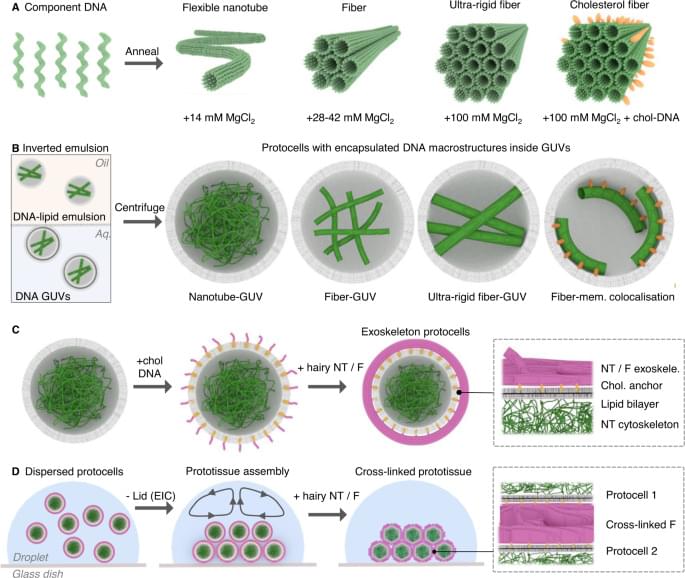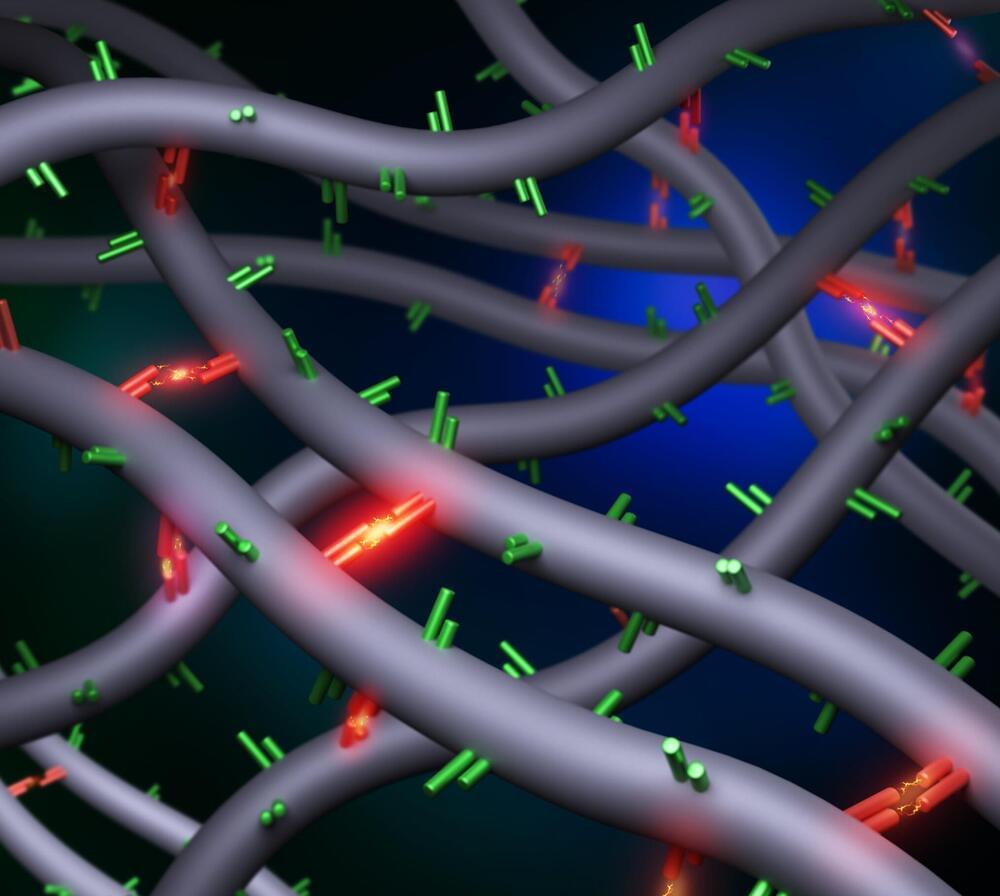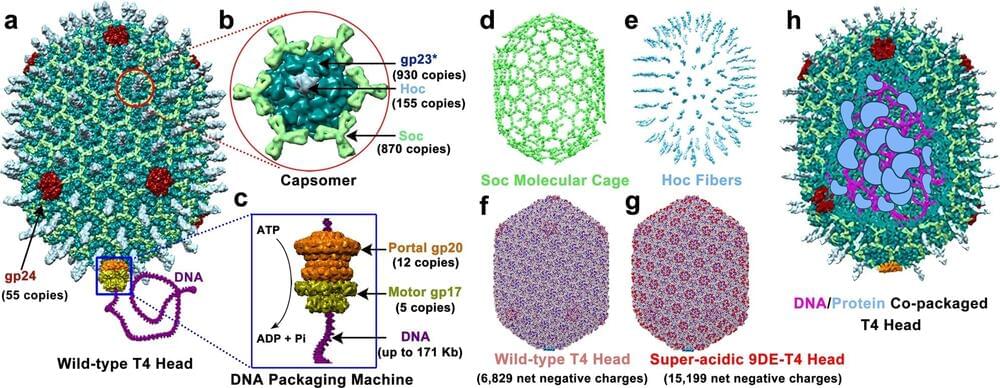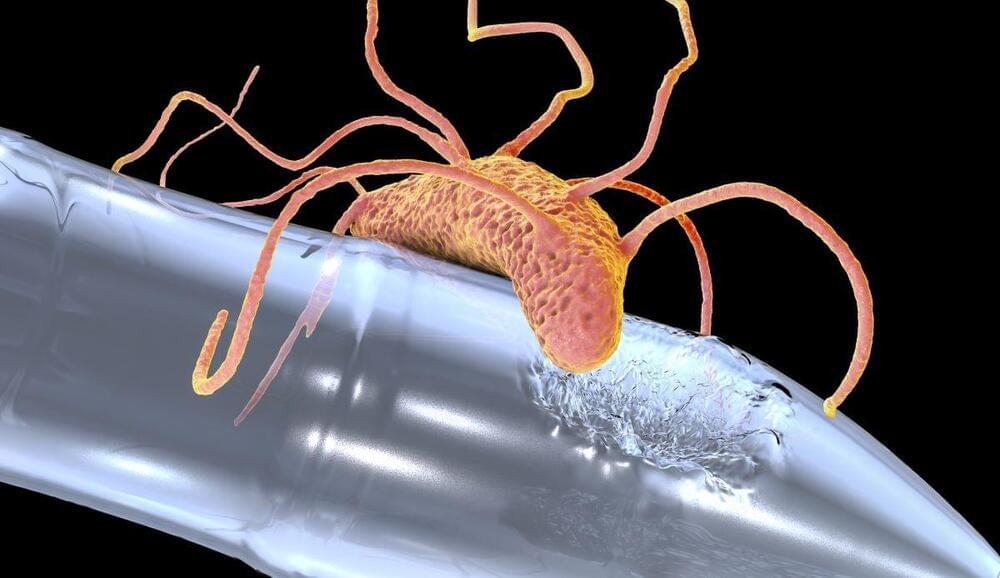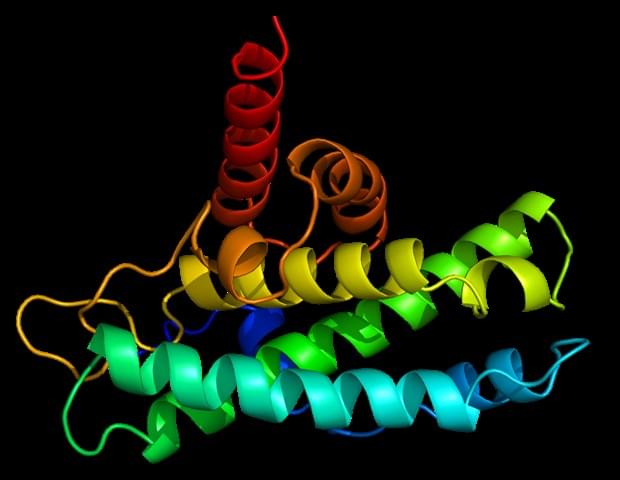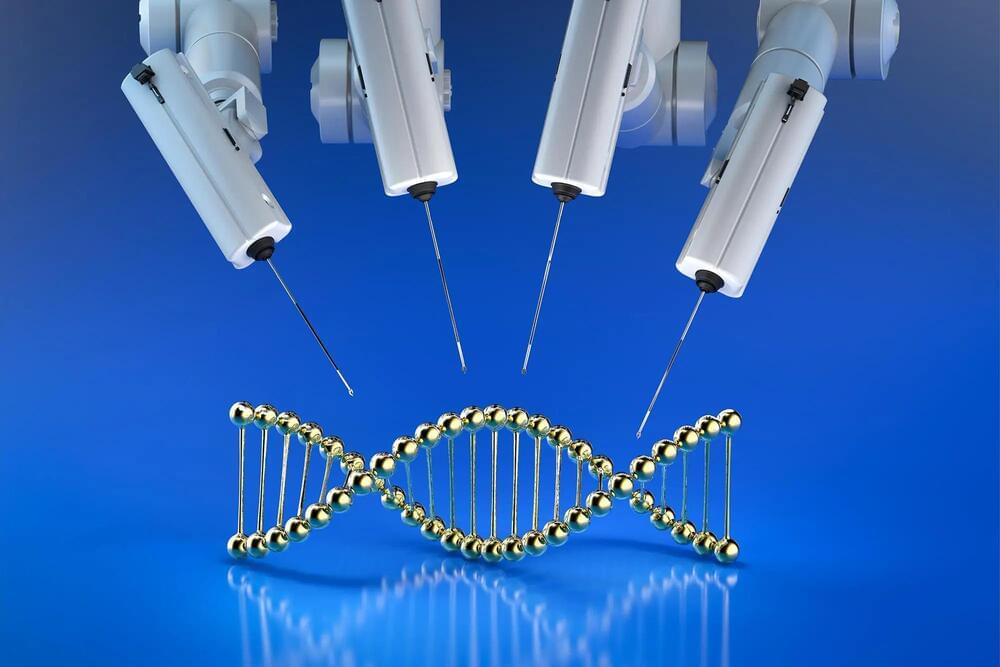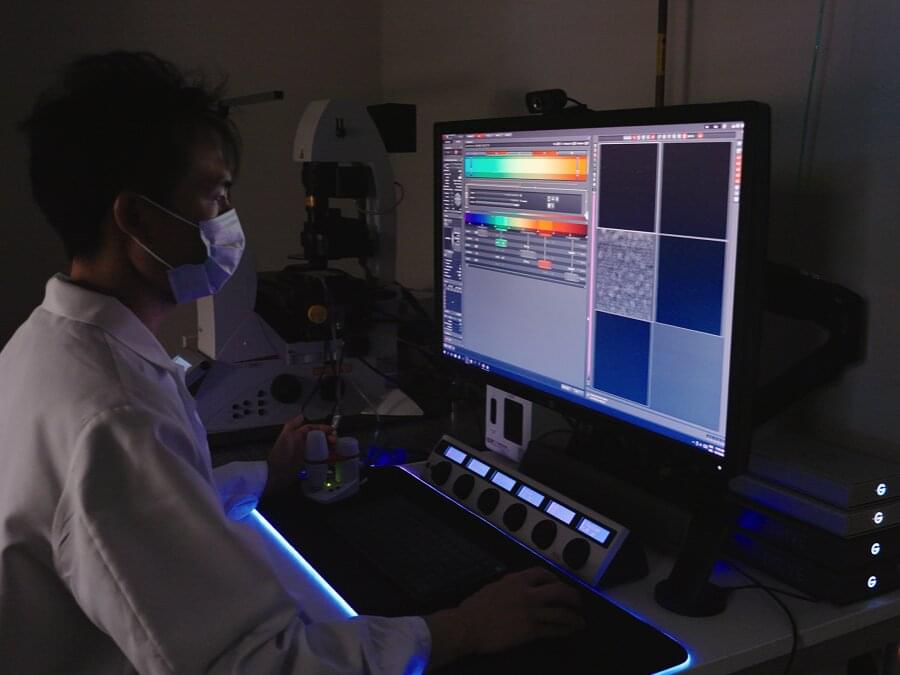The 2020 Nobel Prize for Chemistry was awarded to Dr. Jennifer Doudna and Dr. Emmanuelle Charpentier for their work on the gene editing technique known as CRISPR-Cas9. This gives us the ability to change the DNA of any living thing, from plants and animals to humans.
The applications are enormous, from improving farming to curing diseases. A decade or so from now, CRISPR will no doubt be taught in High Schools, and be a basic building block of medicine and agriculture. It is going to change everything.
There are ethical and moral concerns, of course, and we will need regulations to ensure this powerful technology is not abused. But we should focus on the remarkable opportunities CRISPR has opened up for us.
